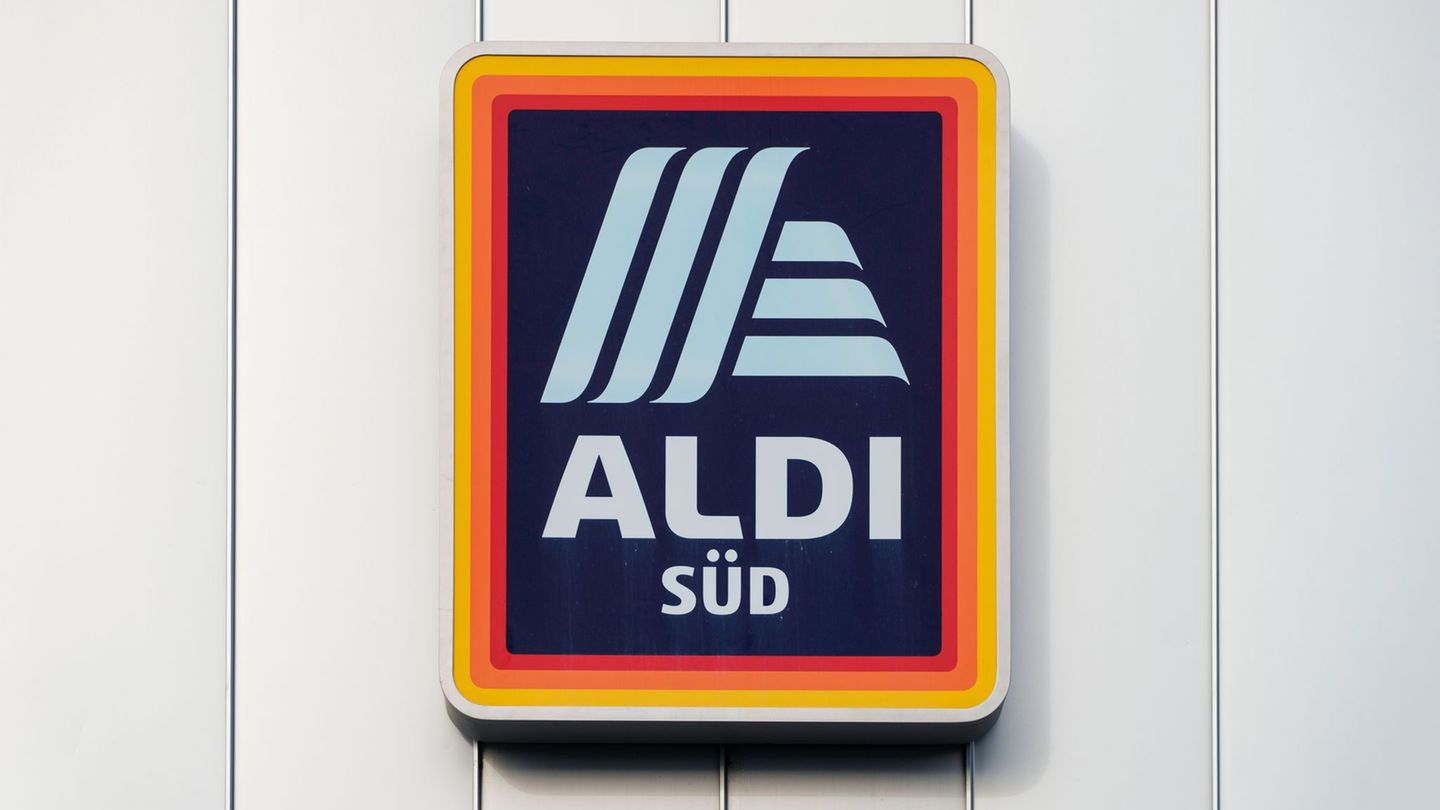The union is demanding 15 percent more wages and salaries. “The strikes have got off to a good start,” said a Verdi spokesman. The Post reacted with incomprehension.
Postal customers will have to expect delays in letters and parcels again in the next few days. Because the Verdi union continued its nationwide wave of warning strikes at the Bonn logistics giant on Monday with walkouts in letter and parcel centers and in delivery. “The strikes have got off to a good start. The mood is excellent,” said a Verdi spokesman on Monday.
With the work stoppages, the union wants to emphasize its demands in the current collective bargaining round. The warning strikes are expected to continue on Tuesday. “This is again a crystal-clear signal to the employers: The employees are ready to fight for their demands and are now expecting a round of negotiations that will end with a strong salary increase,” said Andrea Kocsis, Deputy Verdi Chairwoman and chief negotiator.
The union is demanding 15 percent more wages and salaries for around 160,000 employees in the Post & Parcel Germany sector. The demand is justified, among other things, with the high inflation. “Our members are taking to the streets because they simply cannot afford to lose purchasing power,” said Kocsis.
The Post reacted with incomprehension to Verdi’s actions. A company spokesman said the group had already announced an offer for the next round of collective bargaining on Wednesday and Thursday. The recent warning strikes are therefore exaggerated. The behavior of the union is at the expense of the customers of the group.
The focal points of the warning strikes on Monday included Berlin and Rostock. Verdi also announced protest rallies in Dortmund, Hamburg, Saarbrücken, Polch (Rhineland-Palatinate), Nuremberg, Frankfurt/Main and Stuttgart for Tuesday.
There had already been warning strikes on several days in January. Most recently, 20 percent of parcels and 9 percent of letters were not delivered due to outstanding deliveries on one day.
Source: Stern




